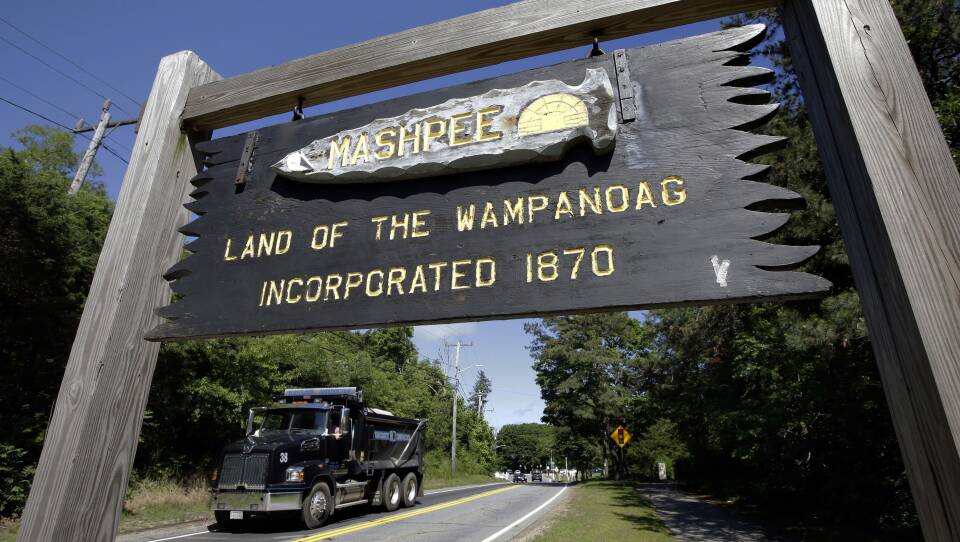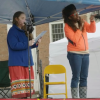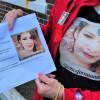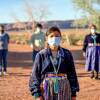This Thursday marks the 400th anniversary of the first Thanksgiving between the Pilgrims and the Wampanoags — and the 51st anniversary of the National Day of Mourning.
Brian Moskwetah Weeden, chairman of the Mashpee Wampanoag Tribal Council, joined Boston Public Radio on Monday to share his thoughts ahead of the holiday.
“Thursday is a National Day of Mourning for us — the fact that we're not conquered or defeated,” Weeden said. “A lot of us will come together in the footsteps of our former leaders.”
More Local News
The National Day of Mourning began in 1970 when Wamsutta Frank James, a member of the Wampanoag Tribe of Gay Head Aquinnah, refused to alter a speech meant to be shared during a 350th anniversary celebration of the Pilgrims' arrival. While Massachusetts leaders deemed the language "inflammatory," James went on to read his speech in Plymouth on Thanksgiving Day. The United American Indians of New England commemorates the National Day of Mourning at Cole’s Hill in Plymouth each year.
When asked whether those celebrating Thanksgiving should recognize the historical roots of the holiday, Weeden suggested that they be thankful to the Wampanoag tribe for their actions 400 years ago.
“People need to understand that you need to be thankful each and every day — that was how our ancestors thought and navigated this world,” Weeden said. “Because we were thankful, we were willing to share with [European colonizers] and we had good intentions and a good heart.”
“That's why, 400 years later, we're still sitting here fighting for what little bit of land that we still have, and trying to hold the commonwealth and the federal government accountable. Because 400 years later, we don't really have much to show for, or to be thankful for. So I think it's important for everyone to be thankful for our ancestors who helped the Pilgrims survive, and kind of played an intricate role in the birth of this nation.”
Brian Moskwetah Weeden is the chairman of the Mashpee Wampanoag Tribe. He is from Eel Clan. He is also co-president/trustee of the United National Indian Tribal Youth, or UNITY.









